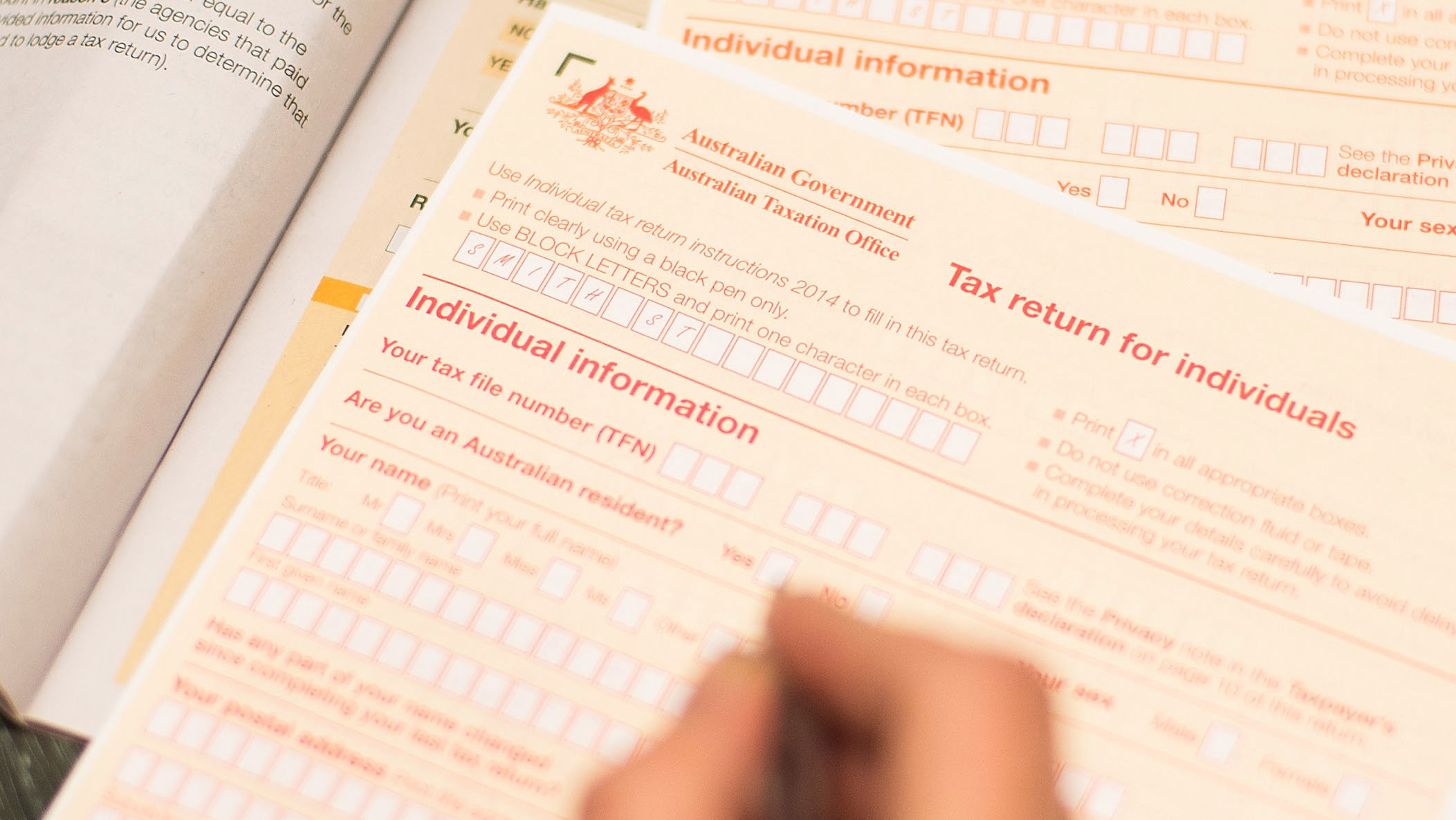How to Lodge Your Tax Return Online with Ease and Confidence in Australia
How to Lodge Your Tax Return Online with Ease and Confidence in Australia
Blog Article
Exploring the Advantages of Filing an Income Tax Return: Optimize Your Tax Reimbursement This Year
Filing a Tax return is usually viewed as a challenging job, yet it plays an important function in enhancing your economic standing. By systematically reporting income and leveraging offered deductions and credit histories, individuals can use the possibility for considerable tax obligation refunds. Adhering to tax obligation policies decreases the risk of charges. Understanding the nuances of this procedure can disclose neglected possibilities for savings. As we check out the different aspects of tax declaring, it comes to be evident that the benefits prolong past mere compliance-- what approaches can you adopt to guarantee you are not leaving money on the table?
Importance of Filing a Tax Return
Filing an income tax return is a significant responsibility for companies and individuals alike, as it serves both compliance and financial administration functions. Abiding by tax legislations is vital, as failing to file can lead to substantial penalties, interest charges, and possible legal repercussions. By sending a Tax return, people and organizations show their dedication to satisfying their civic responsibilities and add to the functioning of public services.
Moreover, submitting a Tax return offers a chance for taxpayers to assess their financial scenario. It enables them to track revenue, expenses, and general financial wellness, which can notify future budgeting and investment choices. For numerous, income tax return are an entrance to potential reimbursements, as overpayment of taxes throughout the year can be recovered, offering a much-needed monetary increase.
Additionally, the tax obligation return process can facilitate access to various economic products and solutions. Lenders usually need income tax return when identifying credit reliability for loans or home loans, making it essential for people and companies looking for economic help. Finally, filing an income tax return is not simply a governing obligation; it is a considerable action in keeping financial stability and revealing possible benefits.
Comprehending Tax Obligation Deductions
Tax reductions are regularly ignored yet play a vital duty in lowering taxed income and making the most of potential reimbursements. Comprehending the various kinds of tax obligation reductions available can significantly impact your total tax obligation. Reductions can be categorized right into two primary types: itemized reductions and conventional deductions.
The requirement deduction is a set dollar quantity that taxpayers can subtract from their income, differing based on declaring condition. For lots of people, specifically those without significant itemizable expenditures, taking the basic deduction is advantageous. On the other hand, itemized reductions permit taxpayers to listing eligible costs, such as home mortgage rate of interest, medical expenditures, and charitable payments, possibly generating a greater deduction than the common choice.
Familiarizing yourself with these nuances can assist you purposefully prepare your financial resources and optimize your tax return. By comprehending and leveraging tax reductions successfully, taxpayers can reduce their taxable revenue and boost their general tax obligation refund.

Exploring Tax Obligation Debts
Maximizing your tax savings includes comprehending the various kinds of tax credit scores offered to you. Tax obligation credit scores directly lower your tax obligation liability buck for buck, making them much more advantageous than deductions, which just lower your taxed earnings.
There are 2 key classifications of tax obligation credit ratings: nonrefundable and refundable. Nonrefundable credits can lower your tax obligation liability to no but will not cause Recommended Site a refund if the debt exceeds your tax owed. Refundable credits, on the various other hand, can generate a reimbursement also if you have no tax obligation, making them particularly valuable for lower-income taxpayers.
Usual tax obligation credit histories consist of the Earned Income Tax Obligation Debt (EITC), which supports low to moderate-income working family members and individuals, and the Kid Tax Obligation Credit scores, which provides financial alleviation for taxpayers with dependent children. Education-related credit histories, such as the American Chance Credit History and the Lifetime Discovering Credit rating, assistance counter the expenses of college.
Common Blunders to Avoid
Maneuvering the complexities of income tax return can cause several usual challenges that taxpayers ought to know. One significant error is stopping working to report all income sources. Also small amounts from side work or freelance work must be consisted of, as the IRS receives duplicates of all revenue statements.
Another regular error entails forgeting reductions or credit scores for which one is eligible. Taxpayers must completely research potential deductions, such as for trainee finances or clinical expenditures, to stay clear of leaving cash on the table.
Additionally, mistakes in personal details, such as Social Safety and security numbers or filing condition, can delay processing and refunds. It is essential to verify all information before submission to guarantee accuracy.
Declaring late or ignoring to file altogether can also lead to fines and missed out on opportunities for refunds. Taxpayers need to be aware of due dates and strategy accordingly.
Finally, lots of individuals neglect to keep thorough records of expenses and supporting records. Organized paperwork is essential for corroborating claims and assisting in any type of future audits. By preventing these usual errors, taxpayers can improve their filing procedure and boost their possible reimbursements.
Tips for Maximizing Your Reimbursement

Following, think about adding to pension, such as an individual retirement account. Contributions made prior to the tax obligation deadline can be subtracted, potentially enhancing your refund. Furthermore, if you are self-employed, make sure to account for business-related expenditures that can decrease your taxed revenue.
One more important method is to file your return digitally. E-filing not only accelerates the processing time but also reduces errors that can take place with paper submissions. In addition, verify that you select the appropriate declaring status; this can substantially impact your tax obligation rate and eligibility for sure debts.
Last but not least, keep thorough documents throughout the year. Organizing invoices and financial files can streamline the declaring procedure and assist you recognize potential reductions that you may or else miss out on. By taking these actions, you place yourself to receive the maximum refund feasible.
Final Thought

By methodically reporting earnings and leveraging readily available deductions and credit histories, people can touch into the potential for significant tax obligation refunds. For lots of, tax obligation returns are an entrance to potential reimbursements, as overpayment of taxes throughout the year can be redeemed, providing a much-needed financial index increase.
Recognizing the various kinds of tax reductions available can substantially impact your general tax obligation responsibility. Online tax return Australia. By leveraging and comprehending tax obligation deductions properly, taxpayers can reduce their taxable earnings and boost their overall tax refund

Report this page